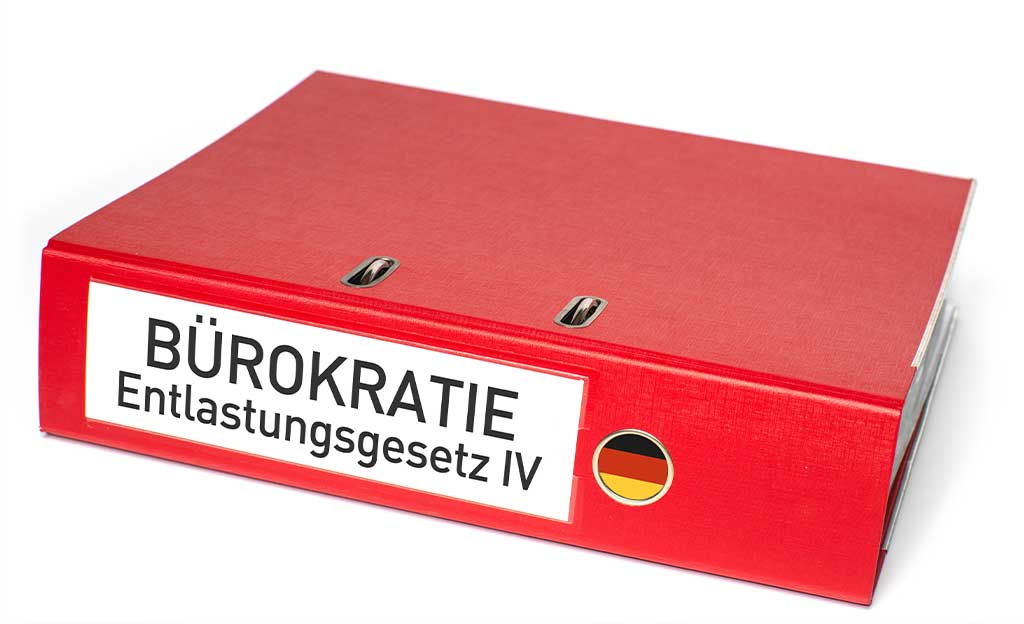
On 13 March 2020, the German government’s draft for the fourth Bureaucracy Reduction Act (BEG IV for short) was approved by the Federal Cabinet. The measures to reduce bureaucracy in Germany are intended to massively reduce the burden on companies in the future – according to the legislator’s announcement. In practice, however, the result is manageable. Here, the Northwind HR team gives you an overview of what the new Bureaucracy Reduction Act provides for and how controversially it is being received.
Reducing bureaucracy? – Difficult and time-consuming in Germany
The coalition agreement had already stated that the coalition government would abolish unnecessary bureaucracy. At the closed meeting in Meseberg on 29 and 30 August 2023, agreement was then reached on a package to cut red tape. The new Bureaucracy Reduction Act is part of this and was created under the coordinating leadership of the Federal Ministry of Justice. But what does it actually contain and which bureaucratic hurdles are actually to be removed? This was not clear for a long time and was the subject of much political debate.

The main focal points of the new Bureaucracy Reduction Act are:
- Shortening the retention periods for accounting documents under commercial and tax law from eight to 10 years
- Abolition of the obligation to register in hotels for German nationals
- Partial cancellation of written form requirements and adaptation to digital processes in various areas
- Simplification of processing for tax consultants; this is to be additionally supported by a power of attorney database from 1 January 2028
- lanned reduction in advance VAT returns from 1 January 2025 by increasing the threshold value to EUR 9,000 per calendar year; if the value falls below this, only quarterly submission of the advance return is required
- Extension of exemption certificates for capital gains tax from three to five years
- Increase in the de minimis limit for differential taxation from 500 to 750 euros
Further steps to reduce bureaucracy are to be taken through the Growth Opportunities Act.
Comments on the bureaucracy reduction act
Legislators are praising their bureaucracy reduction law and emphasising the potential reduction in economic costs of around three billion euros a year. However, business representatives do not see any real progress in the new law.
It is often said that the Bureaucracy Reduction Act is not even sufficient to offset other bureaucratic regulations that are constantly being added. And companies continue to complain that more and more working hours are being spent on the bureaucratic fulfilment of legal requirements – and not on their actual business. In times of high inflation and an increasing shortage of skilled labour, these are particularly bad conditions.

If you have any questions regarding the implementation of the new bureaucracy relief law for your payroll accounting, please do not hesitate to contact us!
